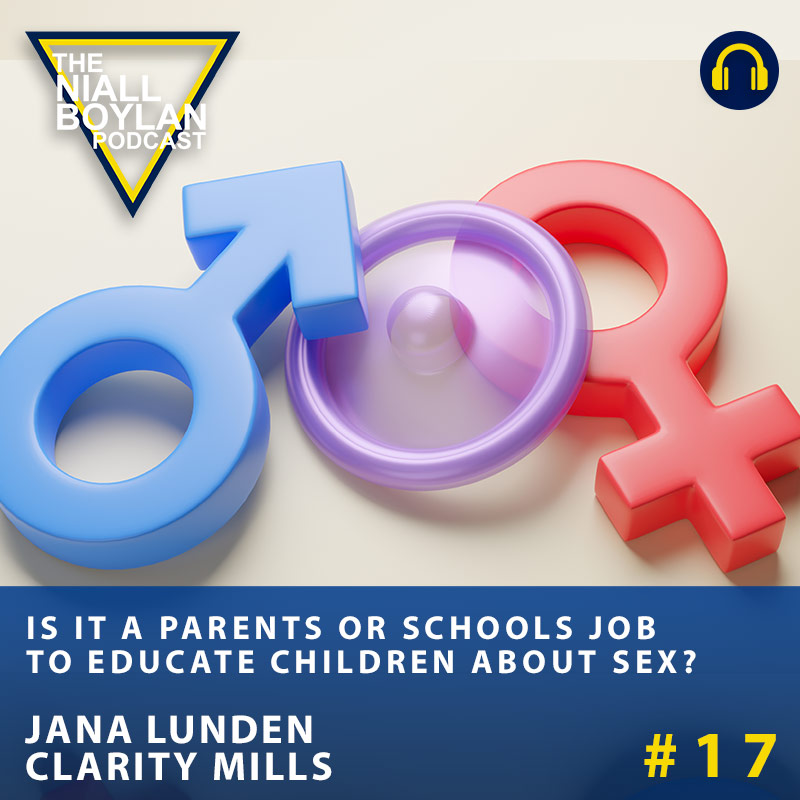
Bundle of Cash for a Bundle of Joy? Episode 395
-
play_circle_filled
Bundle of Cash for a Bundle of Joy? Episode 395
Niall Boylan
In this episode, Niall asks: Should the Irish government pay people to have babies—and is motherhood properly valued in Irish society? The discussion was sparked by a U.S. proposal under the Trump administration to offer a $5,000 baby bonus to new mothers, aimed at reversing declining birth rates and promoting traditional family structures. As America explores pronatalist policies, the question is now being asked closer to home: Should Ireland do the same?
Ireland’s birth rate has dropped well below the replacement level of 2.1, with the fertility rate now hovering around 1.6. First-time mothers are older than ever before, and the pressures of career-building, the high cost of childcare and housing, and shifting cultural values are all contributing to smaller families—or no families at all.
Some callers believe a baby bonus is exactly what’s needed. They argue it would offer much-needed financial support at a critical time and show that the State values parenting. Others cite examples like Hungary, where such measures have led to measurable (though modest) increases in birth rates. If Ireland doesn’t act, they warn, the country could face a demographic crisis—with fewer workers, heavier pension burdens, and an aging population.
Other callers push back, saying children should never be a financial transaction. They argue that €5,000 is a band-aid solution that won’t address the deeper issues—like unaffordable housing, lack of childcare, and job insecurity. For them, the government should focus on broader structural reforms instead of financial incentives that may not even influence someone’s decision to become a parent.
The conversation sparks wider questions too: Has society lost sight of the value of parenting? Are Irish families supported enough? Or is this just another distraction from fixing the real issues?








